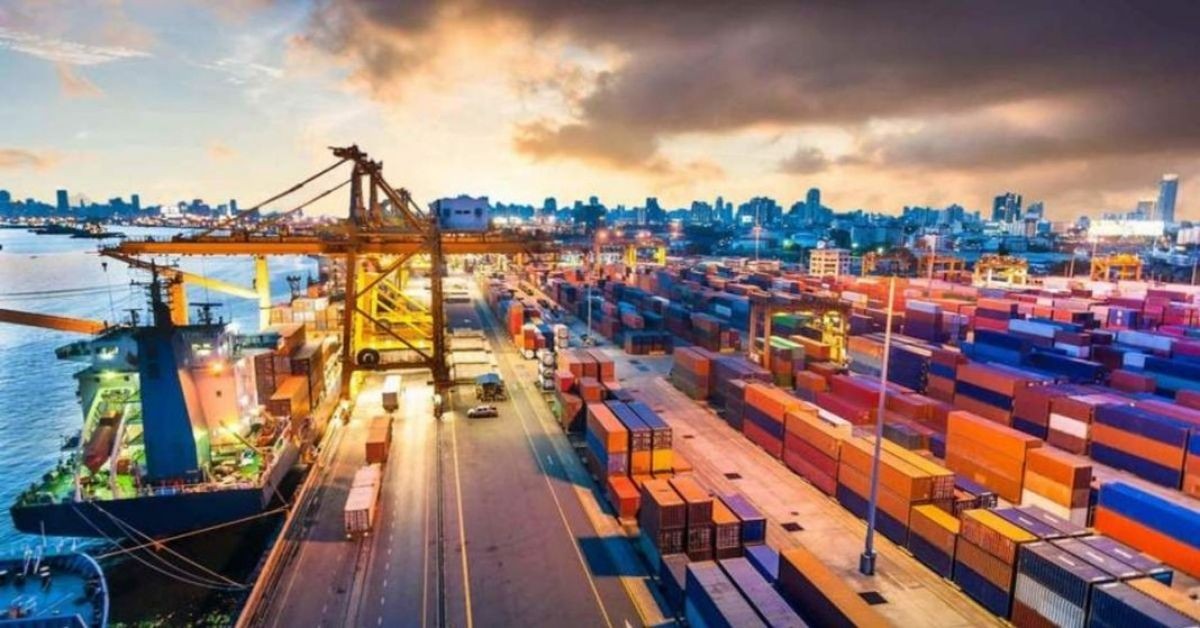“The port charges come somewhere between $50,000 to $100,000 per ship depending upon the size of the ship and the number of days it spends to download or upload cargo at a port in the country”, said Pakistan Ship’s Agents Association (PSAA) Chairman Mohammed Rajpar after attending the very first meeting of the committee formed by the cabinet to rationalize port charges.
The committee has been given the responsibility to bring down the cost of doing business and help increase Pakistan’s competitiveness in facilitating regional and international trade transportation. It has been directed to ensure better prices and quality services in order to increase its footprints in making trade transportation through sea more convenient.
According to Rajper who is also a member of the committee, Pakistan’s competition (in the region) is with ports of Colombo in Sri Lanka, Salalah in Oman and Jebel Ali in Dubai in transshipment.
The key port charges include port dues, pilotage in, pilotage out, pilotage charges, ship berthing and storage.
It was earlier reported that due to abnormal growth in imports after the reopening of global economies following COVID-19 pandemic-related lockdowns, freight rates have jumped by 700% across the world.
It is also being said that regional and international companies have formed a cartel to impose unreasonably high freight rates in an attempt to cash in on the post-Covid situation. The shipping companies are paid $5-6 billion in international freight charges by Pakistan’s exporters and importers.
Rajper, however, said that the abnormal increase in freight charges was a temporary phenomenon and had nothing to do with the port charges. They are two separate things, he added.
Federation of Pakistan Chambers of Commerce and Industry (FPCCI) former president Zubair Tufail complained that the spike in international freight charges had increased the cost of doing business in Pakistan.
Rajper said that the government is planning to rationalize the port charges in order to create ease of doing business. It is pertinent to note that the cost of doing business in the country has gone up since the government has increased the power tariffs in order to comply with IMF’s conditions for the $6 billion loan.
“During the meeting, avenues were explored for rationalising port charges in comparison to regional ports. All the stakeholders may have to reduce charges for the realisation of ultimate port charges rationalisation. It would become possible only when the available circumstances are examined in both the ports and shipping sectors equally,” stated a press release issued by Karachi Port Trust (KPT).
The meeting was chaired by KPT chairman who is also the head of the committee. Other members include Port Qasim Authority (PQA) chairman, Pakistan National Shipping Corporation (PNSC) chairman and Pakistan International Container Terminal (PICT) CEO Khurram Aziz.
Rajper further stated that the next step is to gather related data and information to make analysis on as to how and from which heads the port charges may be rationalized for which the committee will continue to hold meetings.
Source : Global Village Space






